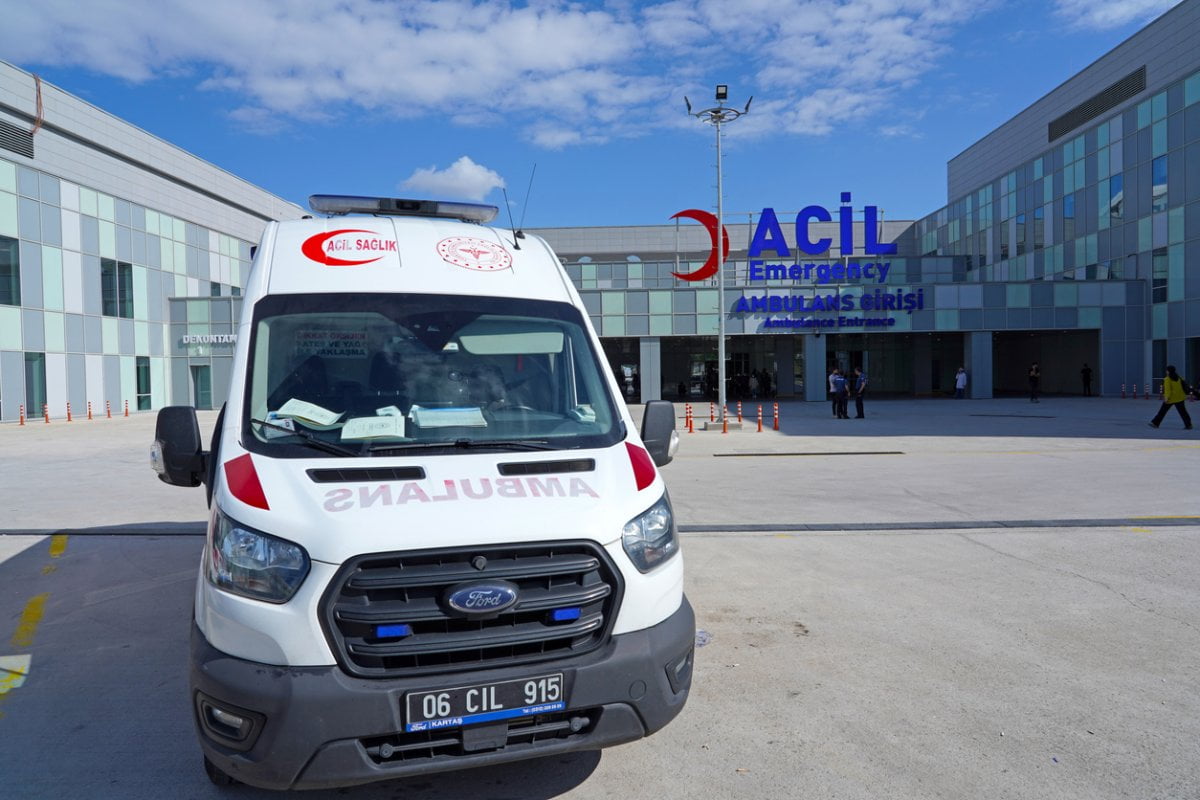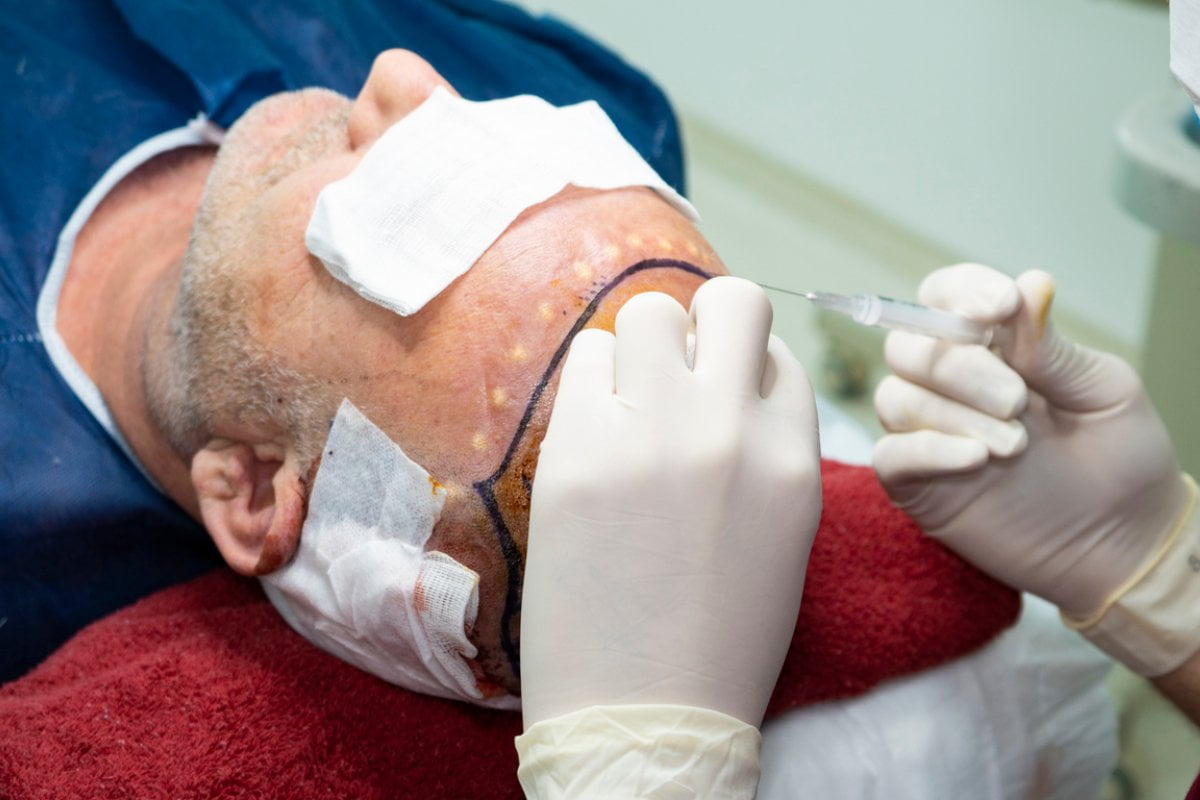To be in good health and to be able to deal with any setback in time is key to be able to enjoy the circuit, whatever your destination and your traveler profile.
For this reason, on this page we develop in depth the issues related to health and sanitation in Turkey.
¿Hay riesgo de contraer determinadas enfermedades?
¿Hay alguna vacuna obligatoria?
¿Cómo son los centros sanitarios?
¿Qué consejos se pueden dar al respecto?
Toma nota de las respuestas y de otras recomendaciones para no dejar nada al azar.
Turkey is a country with a generally good public health situation. good public health situation.
Es decir, there is no special alarm with respect to any contagious or other diseases (as of November 2023).
However, it is a very large country, with very different ecosystems, which affects not only the climate but also the wildlife.
In addition, hygiene in certain premises or areas can be much improved, so it is advisable to take precautions to avoid food poisoning.
According to the Spanish Association of Vaccinology, the traveler should not receive any special vaccination before departure, beyond those before departure, beyond those generally recommended in all cases and in specific situations for certain groups.
These are the recommended vaccinations that every traveler should already have administered prior to arrival in the country:
For more information on which groups should receive the recommended vaccines in special situations, do not hesitate to consult your regular physician.
On the other hand, as the Hospital Clínic de Barcelona reminds us, there is no risk of contracting yellow fever, there is no risk of contracting yellow fever in Turkey, so there is no recommendation to vaccinate against it.
In addition, there is also no risk of malaria transmission in Turkey, so there is no need to undergo any preventive treatment.

The healthcare system in Turkey is characterized by the contrast between public and private facilities.
The public facilities have limited equipment and quality standards that are not comparable to those in the West.
On the other hand, the private companies have high quality technical and technological resources.The main disadvantage is its price: any kind of medical care, especially in large cities such as Istanbul and Ankara, as well as in major tourist destinations.
On the downside is its price: any type of medical care has a high cost and is generally payable on the spot.
In addition, the training of Turkish Turkish specialists is, in general, of a high level.In all areas: gynecologists, pediatricians, ophthalmologists, orthopedic surgeons, etc.
In some of these hospitals and private clinics, there is an interpretation service for non-Turkish speakers.
In any case, to facilitate communication in emergency medical situations, people with allergies or chronic diseases should always carry a document with them, signed by a specialist and in English.
As far as pharmacies are concerned pharmaciespharmacies, they are numerousespecially in cities and major tourist destinations.
They are usually well stocked with medicinesHowever, you should be aware that certain drugs (such as antibiotics) are not officially sold without a prescription.
The health emergency telephone number is 112where all emergencies, including medical emergencies, are centralized.
Yes.
The Turkish health system does not usually have reciprocity with other countries (for example, the European Health Insurance Card cannot be used here).
And the cost of private medical services is high, usually having to be paid on the spot.
All this makes it is really necessary to take out travel insurance before your arrival.
Each company and each policy has its own coverages and conditions, but they usually cover usually cover medical expenses (hospital and pharmaceutical). arising from a mishap during the trip.
Check with your insurance company to find out if you will have to pay the cost at the time of the assistance and request reimbursement later, or if the protocol is different.
Although environmental and sanitary conditions in Turkey are generally good, there are certain risks that you should pay special attention to in order to prevent health problems.
These are the most important ones.
In some regions of Turkey, such as Southeastern Anatolia (Gaziantep, Mardin, etc.), the thermometer reaches really high temperatures in summer.
It is therefore advisable to protect oneself well against the heat stroke and heat strokeby following these tips:
Another environmental risk is altitude altitude sickness for those who move at altitudes above 2,500 meters above sea level.
Let’s remember that Turkey is a very mountainous country, especially in its eastern sector, so if you are going to move through areas such as the Armenian Highlands or summits of the Taurus and Antitaurus Mountains, do not lose sight of the following recommendations:
The tap water in Turkey is officially safe, and is drunk by the local population.
However, its taste, quality and treatment can vary greatly from area to area.
While poisoning is not common, high chlorination of the water and lack of maintenance of certain pipes can result in stomach discomfort.
Para evitarlo, se aconseja:
A poor food preservation (e.g., not respecting the cold chain) may cause some restaurants to prepare their dishes with spoiled products.
In addition, the lack of hygiene in the kitchen may also be behind problems of this type.
On the other hand, remember that the ingredients of Turkish cuisine may be very different from those you usually use, especially in terms of seasonings.
For all these reasons, it is advisable:
Although the native fauna present in natural areas is not as dangerous as that of other countries, there are certain species and situations to which special attention should be paid.
For example, the snakes which, although not large in size, may bite if they feel threatened.
These snakes may hide in holes or crevices in uninhabited areas, especially in arid environments.
Insects can also cause problems in certain situations: for example, bees, wasps, mosquitoes, and other flying insects. in coastal areas, where the environment is warm and humid, favoring its presence.
On the other hand, it is also advisable to be careful with the scorpions in arid climates and stony environments, as is common in many parts of Anatolia.
Also deserving of attention are ticks ticks which, according to the authorities, have increased in number due to the rise in temperatures.
In some cases, their bites can transmit certain diseases, such as Crimean-Congo, as has occurred in very sporadic cases around the Black Sea coast and in Central Anatolia, as well as around Istanbul and Ankara, causing hemorrhagic fever.
Finally, mention may be made of stray dogs. stray dogs in the city of Ankara, especially in the Çankaya district: there, authorities have reported the presence of loose or pack dogs, which have attacked people, especially at dawn and dusk.
Regardless of this, it is not recommended to pet or lick such dogs, as they could be carriers of rabies.
Considering the above health risks in Turkey, it will be useful to carry a small first-aid kit with you to take care of small unexpected events. to take care of small unforeseen during the trip.
This is an example of what you can include in it:

Finally, we would like to mention a relevant issue related to health, especially in recent years: the so-called health tourism in Turkey.
This term refers to the country’s attraction for many foreign tourists to visit Turkey for undergo cosmetic or health treatments.
Hay varios factores que explican el auge de esta actividad en Turquía:
There are several health tourism niches in Turkey that have experienced a boom in recent years.
For example, the hair grafts, rhinoplasty, breast augmentation, liposuction, myopia reduction or dental implants..
However, as these are health issues, it is advisable to be extremely careful when choosing the clinic and the practitioners who will perform the procedure, since the level of quality and the technical means available may vary greatly from one region to another.